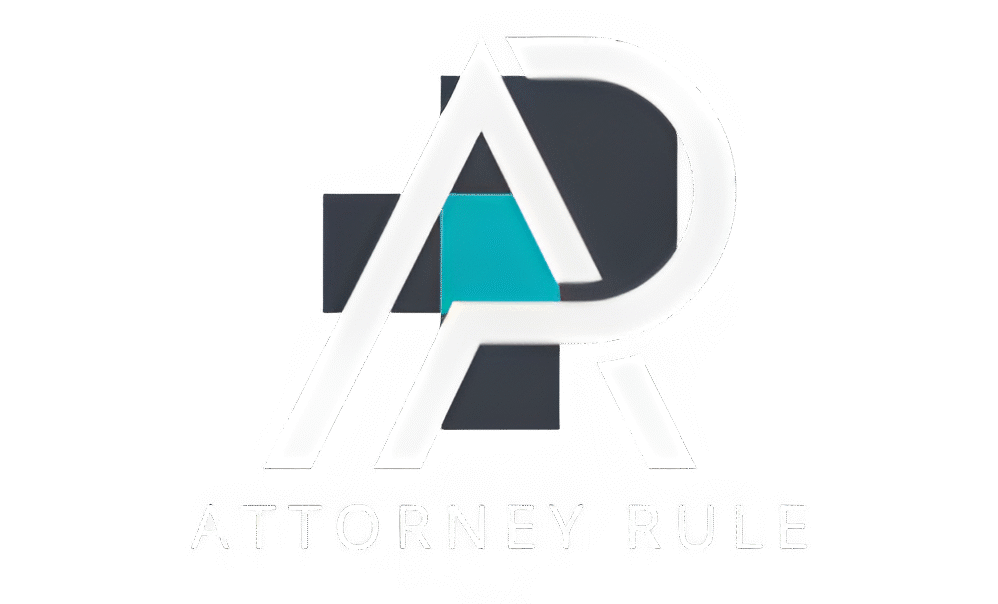The digital marketing landscape has transformed dramatically over the past decade. Social media platforms have become essential tools for businesses aiming to connect with customers, promote products, and grow their brand presence. However, this rapid evolution has also led to ethical dilemmas that challenge the integrity of marketing practices. One recent case—the Drive Social Media lawsuit—has thrown a spotlight on these concerns, raising questions about accountability in an industry often driven by profit margins rather than principles. As we delve into this high-profile legal battle, it’s crucial to understand what it means for businesses navigating the murky waters of digital marketing ethics and how they can avoid falling into similar traps.
The rise of digital marketing and its impact on businesses
Digital marketing has transformed the landscape of business in recent years. With the rise of social media platforms, companies can engage with their audience like never before.
Gone are the days when traditional advertising reigned supreme. Now, brands leverage content, ads, and influencers to create meaningful connections. This shift allows for targeted campaigns that resonate more deeply with consumers.
Small businesses benefit significantly from this change too. They can reach vast audiences without breaking the bank on expensive ad placements.
Moreover, analytics provide insights that help refine strategies in real time. Businesses no longer have to guess what works; they can see results immediately and adjust accordingly.
However, this new era also brings challenges related to authenticity and trustworthiness as some marketers push ethical boundaries to get ahead.
Details of the Drive Social Media lawsuit
The Drive Social Media lawsuit centers around allegations of deceptive marketing practices. It claims that the company misled clients about their services and results.
Businesses reportedly invested significant funds expecting substantial returns, only to find that promised outcomes were inflated or unattainable. Many clients felt blindsided by the discrepancies between expectations and reality.
Additionally, concerns arose over how Drive Social Media handled customer data. The lawsuit questions transparency in data usage policies and whether proper consent was obtained from consumers.
This case has caught attention not just for its financial implications but also for highlighting broader industry standards in digital marketing. As more details emerge, both legal experts and marketers scrutinize the ethical dimensions of such business practices.
Ethical concerns raised by the lawsuit
The Drive Social Media lawsuit has sparked a whirlwind of ethical questions. At the heart of it lies the integrity of marketing practices in a digital landscape that thrives on engagement and influence.
Many argue that misleading advertising is not just unethical; it’s harmful. Consumers expect transparency, yet deceptive tactics can erode trust between brands and their audience. This erosion leads to skepticism about genuine promotions.
Additionally, privacy concerns surface when companies gather data without consent or employ algorithms that manipulate consumer behavior. Ethical dilemmas arise around the extent to which businesses should go to gain an edge in a competitive market.
Moreover, there’s the issue of accountability. Who bears responsibility when marketing strategies cross ethical lines? With social media’s vast reach, repercussions extend beyond individual companies to affect entire industries and consumer perceptions as well.
Effects of unethical digital marketing practices on consumers and businesses
Unethical digital marketing practices can severely damage consumer trust. When companies resort to misleading tactics, they not only deceive their audience but also alienate loyal customers. This loss of integrity can lead to backlash on social media platforms, where negative reviews spread like wildfire.
Businesses suffer too. The fallout from unethical strategies often results in legal repercussions and hefty fines. A tarnished reputation may take years to rebuild, if at all.
Consumers are bombarded with false claims and spammy ads that clutter their online experience. This saturation leads to frustration and disengagement from brands altogether.
Moreover, unethical practices contribute to a toxic competitive landscape. Honest businesses find it hard to compete against those cutting corners, undermining the values of transparency and fairness that should govern the marketplace.
Steps companies can take to ensure ethical use of social media for marketing
Companies can start by developing a clear social media policy. This document should outline acceptable behaviors, guidelines for content creation, and how to handle customer interactions.
Transparency is crucial. Businesses must disclose any paid partnerships or sponsored content clearly. This builds trust with the audience and aligns with ethical marketing practices.
Regular training sessions for employees on ethical standards in digital marketing are essential. Keeping everyone informed about best practices ensures consistency across all platforms.
Engagement matters too. Companies should actively listen to their audience’s feedback and respond appropriately, showing that they value consumer opinions.
Monitoring analytics helps assess the effectiveness of campaigns while ensuring compliance with regulations. Regular reviews allow businesses to adapt strategies ethically and responsibly over time.
Conclusion:
The Drive Social Media lawsuit serves as a crucial reminder of the ethical landscape in digital marketing. As businesses increasingly rely on social media for outreach and engagement, they must navigate this complex terrain with integrity.
Ethical considerations are not just about compliance; they shape brand reputation and consumer trust. Companies that prioritize transparency, honesty, and accountability will foster stronger relationships with their audience. A commitment to ethical practices can prevent legal issues like those seen in the Drive Social Media lawsuit.
Digital marketing is powerful but comes with great responsibility. Striking a balance between effective strategies and ethical standards should be at the forefront of every marketer’s mind. This approach not only benefits consumers but also strengthens brands in an ever-competitive market.
Embracing ethics in digital marketing is essential for sustainable growth and success. It’s time for businesses to reflect on their practices and ensure they align with these vital principles, paving the way for a more trustworthy online environment where both companies and consumers thrive together.
